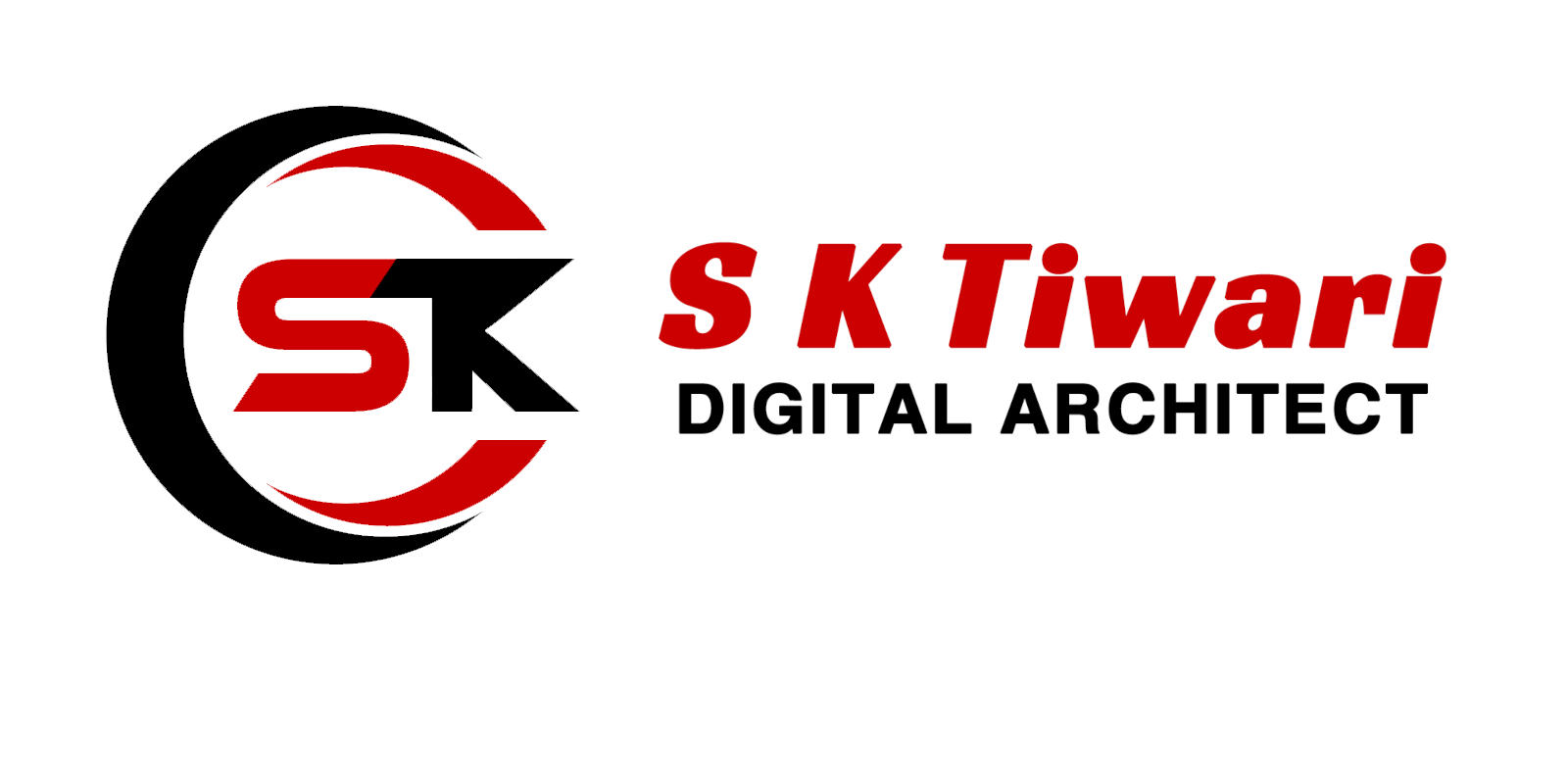
How to Earn with Minimal Coding Knowledge: No-Cost Development Tools
With the rise of free tools and platforms, earning money as a developer or tech enthusiast no longer requires years of coding experience. If you’re someone with limited coding knowledge but a passion for building things, you’re in the right place! This guide will teach you how to make money using no-cost development tools while keeping things simple and actionable.
Table of Contents
- Introduction
- How Minimal Coding Knowledge Can Be Profitable
- No-Cost Development Tools to Get Started
- Step-by-Step Guide to Earning
- FAQs
- References

Introduction
Gone are the days when you needed deep technical expertise to build digital products. The boom in no-code and low-code tools allows you to create websites, apps, and automations with minimal effort. Whether you're interested in freelancing, running an online store, or creating digital content, this blog will guide you step by step on how to earn using free tools.
If you want personalized guidance or hands-on experience, reach out to sktiwari.com. They specialize in software and website development and provide excellent learning opportunities for those eager to grow in this field.
How Minimal Coding Knowledge Can Be Profitable
Minimal coding knowledge allows you to take advantage of growing opportunities in the tech space. Many businesses and individuals need digital solutions but lack the budget to hire expert developers. This opens the door for you to step in and offer affordable services. By leveraging no-cost tools, you can create simple yet effective solutions like websites, mobile apps, or task automation systems. What matters most is delivering results, not your coding credentials.
No-Cost Development Tools to Get Started
Here are some free tools that make development accessible for everyone:
1. Website Builders
Website builders are ideal for creating professional websites quickly and easily. Tools like WordPress.com provide free themes and plugins to customize your site for blogs, portfolios, or small businesses. Wix and Weebly let you drag and drop elements to design your site without writing any code. If you're interested in storytelling or creating landing pages, Tilda is another great option. These platforms simplify the web development process, enabling you to focus on aesthetics and functionality.
2. App Builders
App builders are perfect for creating mobile or web apps without requiring deep coding skills. Thunkable and Adalo allow you to design apps visually by dragging and dropping components. You can create apps for specific purposes like event management or online bookings. Glide Apps even transforms spreadsheets into fully functional apps, making it a breeze to start offering app-building services to clients.
3. Automation Platforms
Automation tools help businesses save time by eliminating repetitive tasks. Zapier and IFTTT allow you to connect various apps and automate processes, like sending emails or updating spreadsheets. Make (formerly Integromat) goes a step further by letting you build complex workflows with a visual editor. Learning these tools enables you to offer value to businesses seeking to improve efficiency and productivity.
4. Low-Code/No-Code Design Tools
Visual design is a critical aspect of digital products, and tools like Canva simplify the process. Whether it’s creating social media posts, marketing banners, or website graphics, Canva offers an intuitive drag-and-drop interface. For user interface (UI) design and prototyping, Figma provides collaboration features that teams love. Tools like Trello and Notion not only help with project management but also allow you to showcase your organization and productivity skills to potential clients.
Step-by-Step Guide to Earning
1. Pick a Niche
Choosing the right niche is the foundation of your journey. Focus on areas where there is demand and where you can add value. For instance, local small businesses often need simple, functional websites but cannot afford professional developers. Alternatively, you could specialize in creating personal blogs, automating tasks for startups, or building apps for specific purposes. Picking a niche helps you streamline your efforts and position yourself as an expert in that area.
2. Learn the Basics of Tools
Mastering the basics of no-cost tools is crucial to delivering quality results. Start with one or two tools from each category and explore free tutorials on YouTube or the tools' official websites. Practice by creating small projects, such as a sample website, an app for tracking expenses, or an automated email sequence. By doing this, you’ll build confidence and gain a practical understanding of how these tools work.
3. Start Building Projects
Start by creating free or sample projects to showcase your skills. For example, design a website for a friend’s business or build a simple mobile app for a local charity. These projects will become part of your portfolio, helping you demonstrate your abilities to potential clients. Platforms like Behance or a personal WordPress website are great for showcasing your work. The more examples you have, the easier it will be to attract paying clients.
4. Market Your Services
Marketing is essential to reach clients and establish your presence. Create profiles on freelance platforms like Fiverr, Upwork, or Freelancer and clearly outline the services you offer. Use social media platforms like LinkedIn and Instagram to share your work and connect with potential clients. Networking with local businesses and attending events can also help spread the word about your services. Highlighting successful projects in your portfolio will give you credibility.
5. Monetize Your Skills
There are multiple ways to monetize your skills with minimal coding knowledge. Freelancing is a direct path where you charge clients for creating websites, apps, or automations. Another option is affiliate marketing, where you earn commissions by promoting the tools you use. You can also sell templates for websites or apps, allowing others to use your designs. Additionally, consider teaching online courses or hosting workshops to share your knowledge with beginners.
For comprehensive training in website and software development, consider learning from sktiwari.com, where you’ll get hands-on experience and industry-relevant insights.
FAQs
1. Can I use these tools without any coding knowledge?
Yes, most no-code tools are designed for beginners. They use drag-and-drop interfaces and templates, so you don’t need coding experience.
2. How much can I earn using these tools?
Your earnings depend on the quality of your work and the clients you target. Freelancers often earn $500–$5000 per project.
3. Do I need to invest in premium plans?
While premium plans unlock advanced features, you can start earning with the free versions of most tools.
4. What if I want to learn coding later?
Learning coding alongside using these tools can give you more flexibility and control over your projects.
References
- WordPress.com - Official Website
- Canva - Free Design Tool
- Zapier - Workflow Automation
- YouTube Tutorials on No-Code Tools
By following these steps, you can turn your minimal coding knowledge into a profitable skill set. Start small, stay consistent, and watch your efforts pay off. For expert help and opportunities to learn, visit sktiwari.com.

